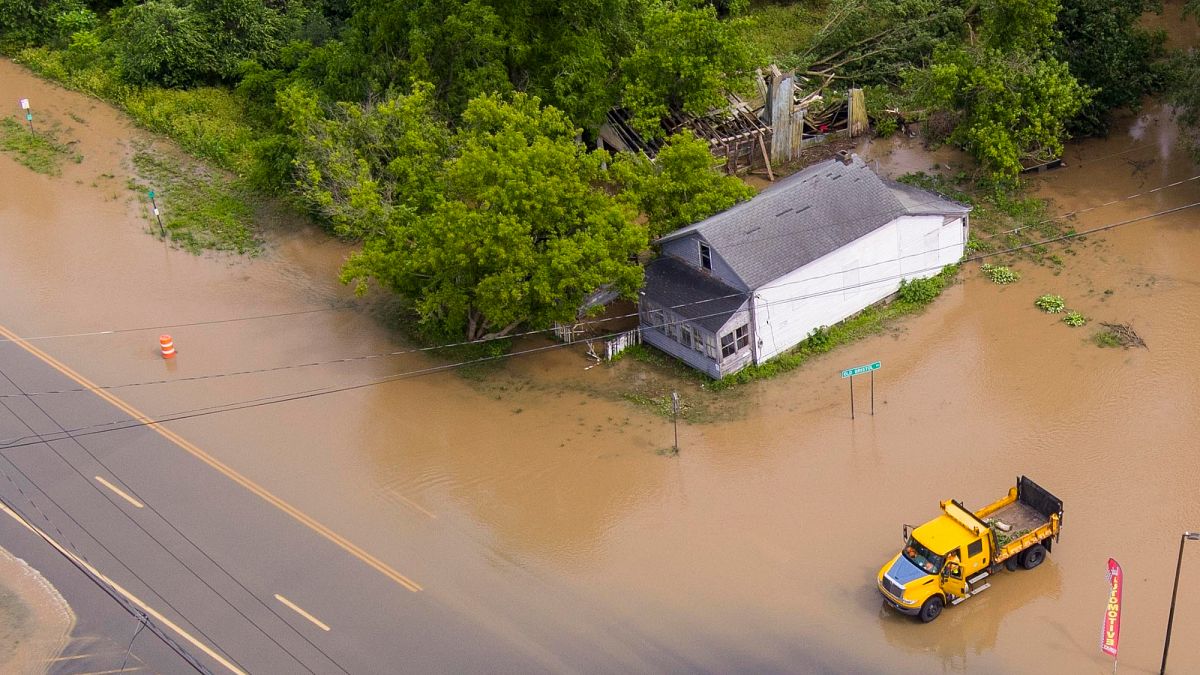

In recent days, communities across the world have been grappling with a range of weather-related challenges, as extreme weather conditions disrupt normal life and capture global attention. From the torrential rains and flooding in the US Northeast to the smoldering heatwave intensifying difficulties in Gaza, and unseasonably warm winter temperatures in Argentina, these varied weather patterns are reshaping the daily experiences of millions.
On Monday night, heavy rains swept into the US Northeast, leading to flash flooding across New York and New Jersey. The severe storms have resulted in significant travel disruptions and prompted emergency declarations in several states. As floodwaters surged, roads became impassable, and transportation networks faced considerable strain, leaving many residents in need of immediate assistance. This marks a stark reminder of nature’s unpredictability and the urgent need for community preparedness in the face of extreme weather.
Across the globe in Gaza, a different form of weather extremity has compounded the hardships faced by its people. As the region endures a scorching heatwave, existing crises have become even more pronounced. Water shortages and failing sanitation systems have put public health at risk, particularly for those already displaced or injured. The limited access to essential resources such as water and proper sanitation exacerbates an already challenging situation, highlighting the urgent need for sustained humanitarian aid and strategic infrastructural improvements to mitigate such public health threats.
Southward, in Argentina, an unusual weather pattern unfolded with a warm air mass blanketing the region, bringing unexpected warmth to its winter season. In areas such as Rosario in Santa Fe, temperatures soared to as much as 10ºC above normal. Buenos Aires also experienced temperatures seven degrees above average, with the warm spell expected to linger until a predicted cold front arrives. This surprising twist to the Argentine winter offers a snapshot of how shifting climate patterns can affect seasonal norms.
As these diverse weather events unfold, they underscore the interconnectedness of the planet’s climate system and the myriad ways in which it impacts human communities. The challenges faced due to these events have prompted global awareness and call for concerted efforts towards more robust climate resilience strategies. Whether through enhancing emergency response capabilities, bolstering infrastructure, or fostering international cooperation, the response to these climatic phenomena requires both immediate and long-term strategies.
Collectively, these events highlight the delicate balance that exists within our environment and the roles we play in maintaining it. The urgent need to adapt and respond effectively to increasingly frequent weather events serves as a reminder of the ever-evolving interplay between humanity and the natural world, urging a path that is both mindful and proactive in the quest for a more sustainable future.
Source: {link}
